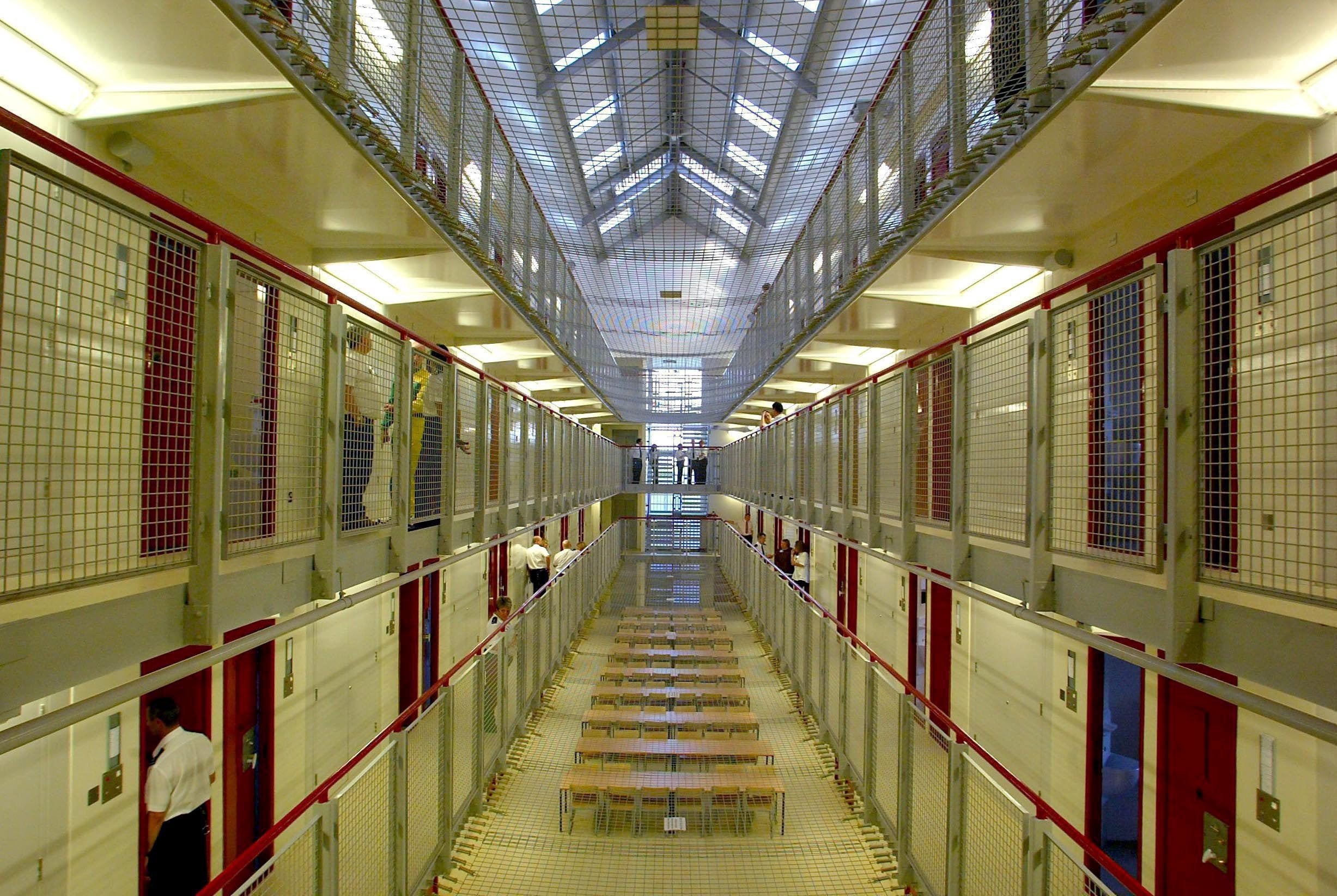Government should not have cut prison officer numbers so much, Tory minister Rory Stewart admits
Minister also failed to add HMP Birmingham to a list of 10 prisons he would resign over if conditions failed to improve
Your support helps us to tell the story
From reproductive rights to climate change to Big Tech, The Independent is on the ground when the story is developing. Whether it's investigating the financials of Elon Musk's pro-Trump PAC or producing our latest documentary, 'The A Word', which shines a light on the American women fighting for reproductive rights, we know how important it is to parse out the facts from the messaging.
At such a critical moment in US history, we need reporters on the ground. Your donation allows us to keep sending journalists to speak to both sides of the story.
The Independent is trusted by Americans across the entire political spectrum. And unlike many other quality news outlets, we choose not to lock Americans out of our reporting and analysis with paywalls. We believe quality journalism should be available to everyone, paid for by those who can afford it.
Your support makes all the difference.A Conservative prisons minister has admitted officer numbers should not have been cut to the extent they were as he refused to add HMP Birmingham to a list of facilities he would resign over if conditions failed to improve.
The remarks from Rory Stewart came as the government took the extraordinary step of taking immediate control of the category B facility in Birmingham from the private contractors G4S.
Ministers were warned of a raft of failures at the 1,200 capacity prison in a report from inspectors which described soaring violence, drug use, and appalling living conditions including “ever present” cockroaches and blood and vomit in corridors.
Addressing the decision to “step in” at the privately-run prison, Mr Stewart said on BBC Radio 4’s Today programme the one of the issues driving problems in prisons was the number of staff members.
“There are many things that drive problems in prisons. One of them is staff members which is why we’ve brought 2,500 extra officers and that is making a huge difference,” he said.
“It’s also largely driven by these new psychoactive substances like spice – these drugs that didn’t exist five years ago that are causing crazy aggressive behaviour.”

But when pressed on the Conservatives' previous action to drastically reduce prison officer numbers by 7,000 and to then reappoint some, he replied: “You’re absolutely right that one of the challenges along with the drugs was staff numbers which is why we’ve brought in 2,500 extra officers. So you’re absolutely right – I’m conceding to you that we needed more officers.”
Speaking last week, Mr Stewart said that if conditions did not improve in 10 prisons around the country he would resign from his position. He made the commitment as he announced a £10m package to introduce measures to tackle drug used and violence in prisons and reduce assaults.
Asked whether he would add HMP Birmingham to the list, he added: "I’m not going to get into giving a blank cheque to resign on every prison in the country.”
Chief Inspector of Prisons Peter Clarke also said there appeared to be an "institutional inertia" that had allowed HMP Birmingham – a category B prison – to deteriorate, as he suggested the Ministry of Justice had failed.
He told BBC Radio 4's Today programme: "How is it that in 18 months a prison which is supposedly being run under the auspices of a tightly managed contract, how has that been allowed to deteriorate?
"There are Ministry of Justice (MoJ) officials onsite permanently, and yet somehow there seems to have been some sort of institutional inertia that has allowed this prison to deteriorate to this completely unacceptable state."
Asked whether the MoJ had failed, Mr Clarke said: "I think that's the only reasonable conclusion you can come to."
He added: "It cannot be the case that the only time urgent action is taken to restore decency in a prison is when an inspection report is published - surely somebody must have been asleep at the wheel?"
Labour’s shadow justice secretary, Richard Burgon, said the “shocking” situation underlined the “dangerous” consequences of privatisation in the justice system.
“HMP Birmingham was the first publicly-run prison to be transferred to the private sector. This should be a nail in the coffin for the flawed idea of prison privatisation. The government must scrap its recently announced plans to build yet more private prisons,” he said.
“With a Labour government, there will be no new private prisons and no public sector prisons will be privatised."

Join our commenting forum
Join thought-provoking conversations, follow other Independent readers and see their replies
Comments